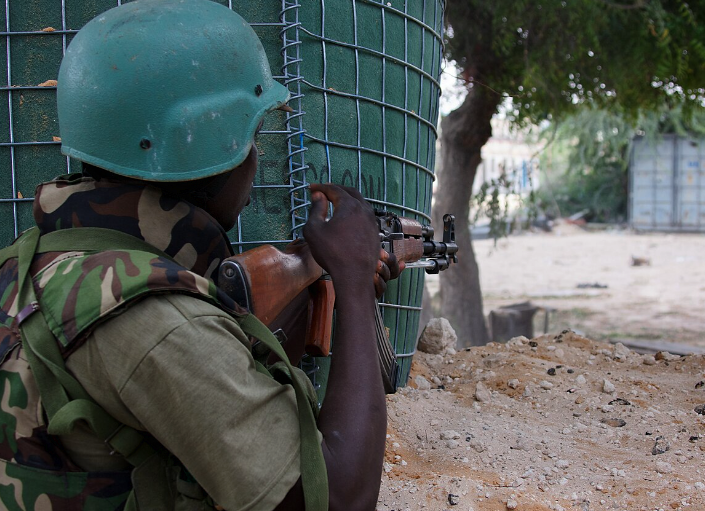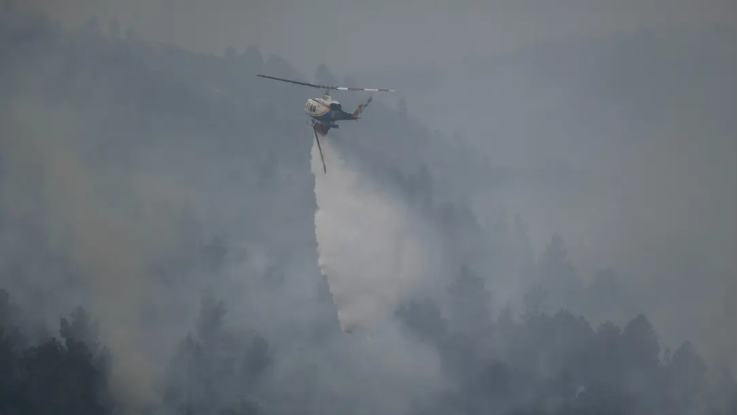Uganda: 41 Killed in School Attack
At least 41 people, including 38 students, were killed and eight others critically injured after militants suspected of belonging to IS-linked extremist group the Allied Democratic Forces (ADF) attacked a school in western Uganda, state authorities said Saturday.

Facts
- At least 41 people, including 38 students, were killed and eight others critically injured after militants suspected of belonging to IS-linked extremist group the Allied Democratic Forces (ADF) attacked a school in western Uganda, state authorities said Saturday.1
- Five assailants reportedly attacked the Lhubiriha secondary school in Mpondwe, near the Democratic Republic of Congo (DRC) border, Friday night. Officials stated the militants set fire to a dormitory and hacked students to death with machetes.2
- According to the country’s military, the DRC-based rebels, which it claims stayed in town two days before the gruesome massacre, also abducted at least six people before fleeing across the border.3
- The deadliest attack in Uganda since twin bombings in Kampala in 2010 killed 76 is the first attack on a school in 25 years. In June 1998, an ADF attack on Kichwamba Technical Institute burned 80 students to death in their dormitories.4
- The ADF was established in eastern DRC in the 1990s, where they allegedly launched their insurgency against Uganda’s Pres. Yoweri Museveni and have since been blamed for attacks on civilian and military targets across the border.5
- In 2014, the US and the UN sanctioned the ADF for terrorist activities in the region, including attacks on children.6
Sources: 1CBS, 2BBC News, 3Reuters, 4Al Jazeera, 5Guardian, and 6CNN.
Narratives
- Establishment-critical narrative, as provided by Archive. Friday's brutal attack shows the ADF is nowhere near defeated, as attacks on civilian targets continue to take place despite the heavy military and artillery presence along the border. The ADF's growing terror activities in the region reflect the global community's collective failure to dismantle the emboldened militant network, and raise questions surrounding the political and international aid benefits African leaders may be getting from the alleged fight against terrorism.
- Pro-establishment narrative, as provided by CSIS. The US and international community are doing all they can to counter the ADF, working closely with the DRC to address terrorist threats. However, with over 45 separate non-state armed groups — including the ADF — operating in the DRC province of North Kivu alone, and with the group's structure nearly impossible to discern and size in constant flux, defeating the insurgents is a task that will require sustained and systemic international support, while recognizing that the group is sadly but one small component of the much larger conflict in eastern DRC.






